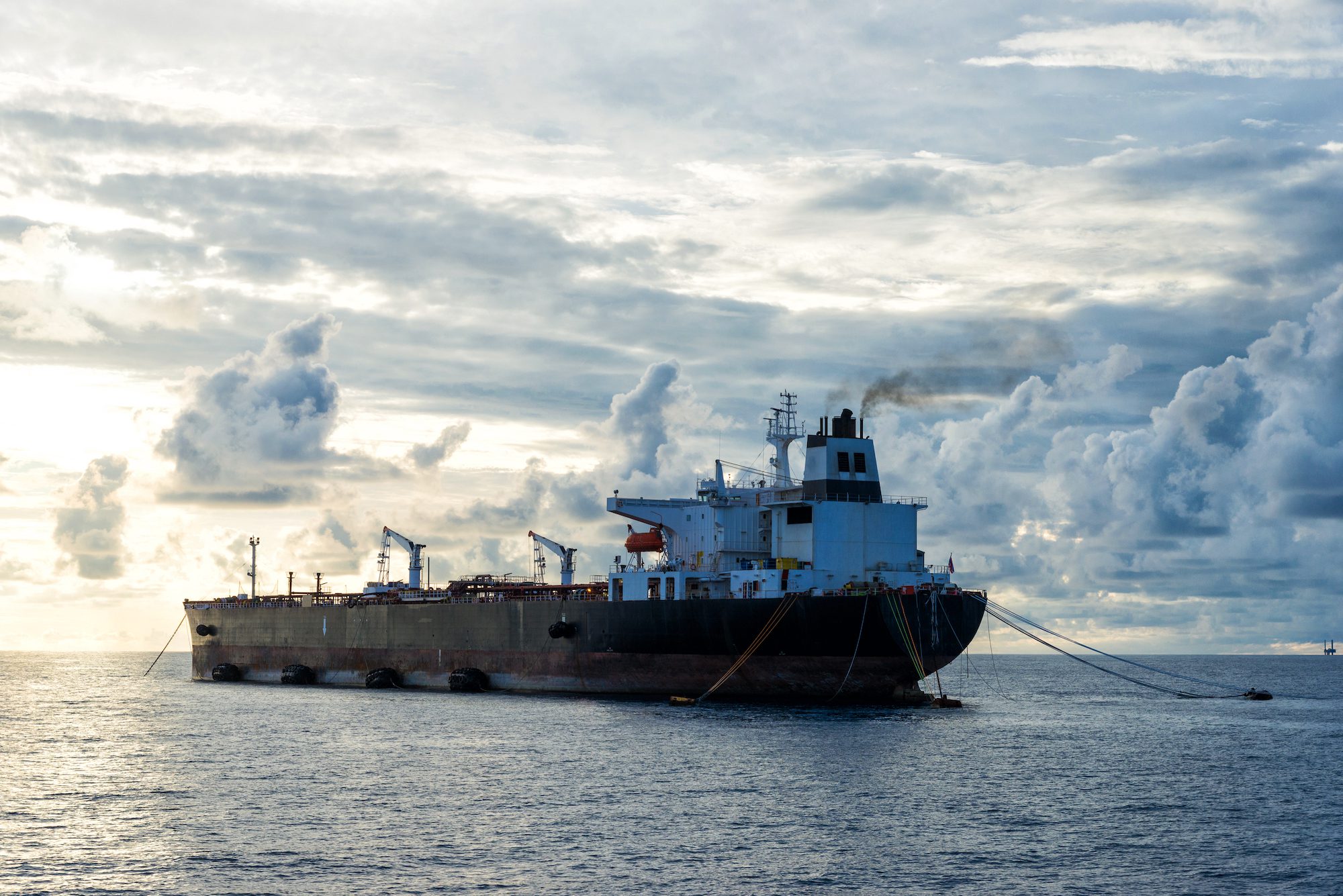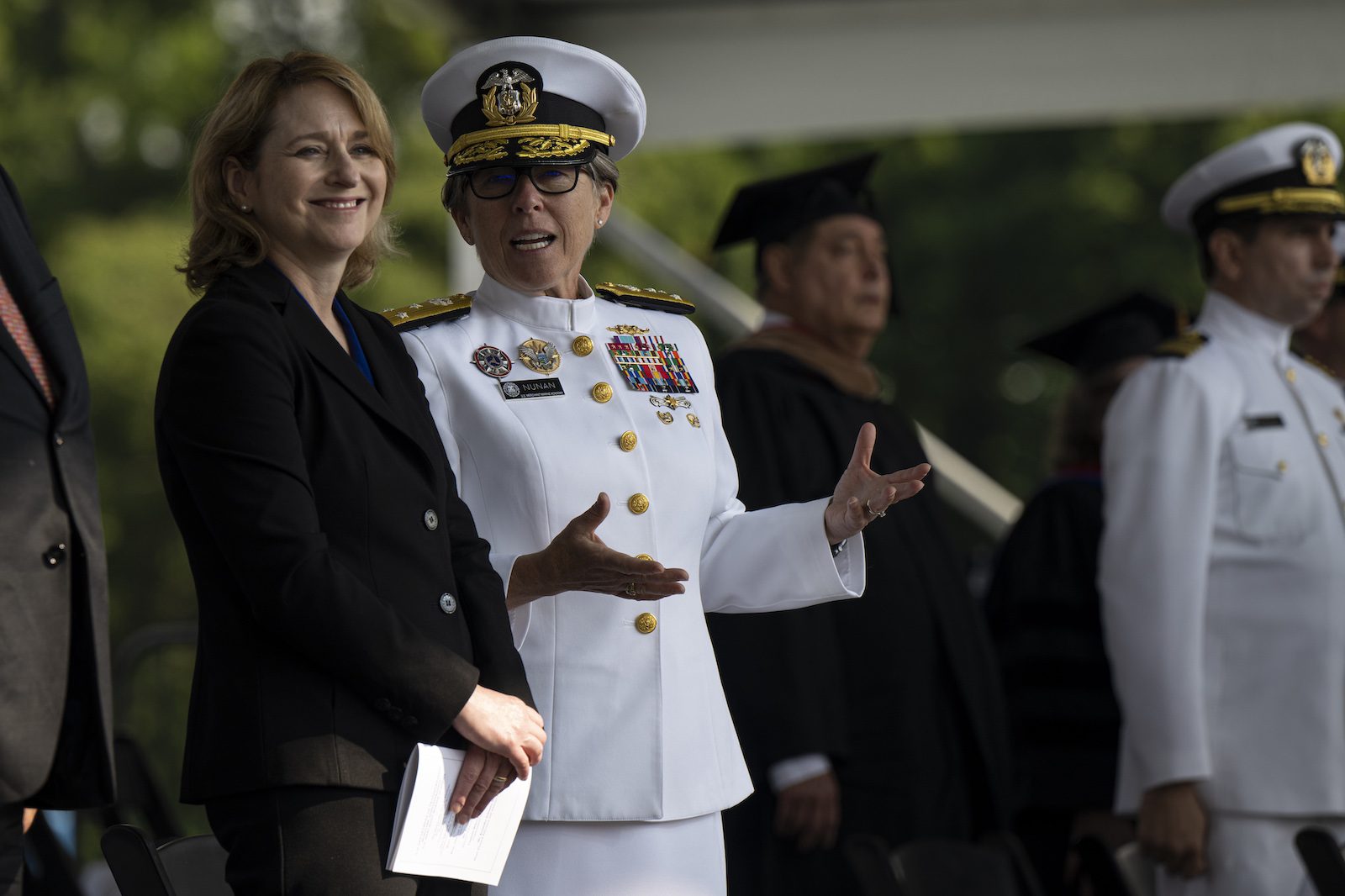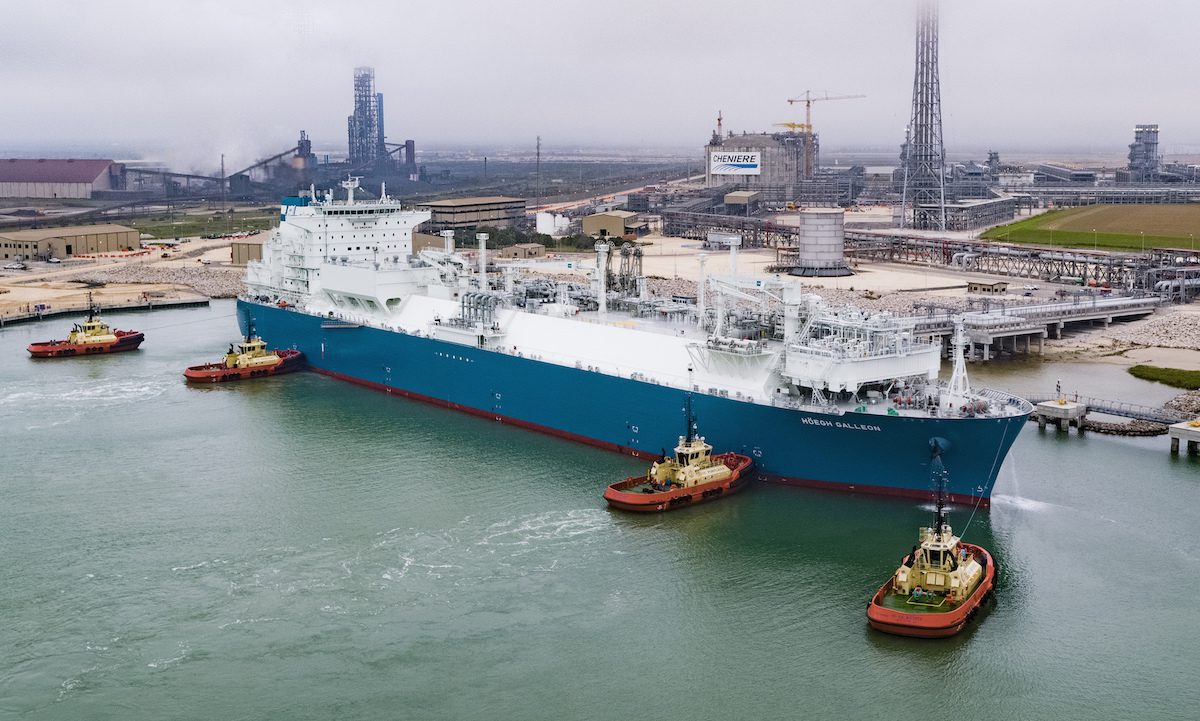A recent survey conducted by the Mærsk Mc-Kinney Møller Center for Zero Carbon Shipping (MMMCZCS) has revealed widespread acceptance of ammonia as a marine fuel, albeit with important caveats.
The shift comes as the industry grapples with ambitious decarbonization goals set by the International Maritime Organization (IMO).
The IMO’s 2023 Greenhouse Gas (GHG) Strategy aims for a 40% reduction in carbon intensity by 2030 and net-zero emissions by 2050. To achieve these targets, the industry is turning to alternative fuels, with ammonia emerging as a promising contender for zero-emissions ocean transport.
The MMMCZCS survey, which gathered responses from over 2,000 maritime professionals, found that 58.6% of respondents are willing to work with ammonia-fueled vessels. This majority acceptance is a significant indicator of the industry’s readiness to embrace change in pursuit of sustainability goals.
However, the transition to ammonia as a marine fuel is not without challenges. The survey highlighted key concerns among maritime professionals, particularly regarding safety and training. As one respondent emphasized, “Comprehensive training and certification are non-negotiable for the acceptance of ammonia as a marine fuel.”
Safety emerged as a paramount concern, with respondents calling for enhanced, reliable, and safe onboard fuel systems, as well as inherently safer ship designs. The toxic nature of ammonia necessitates new safety approaches, drawing on existing experience in handling ammonia as cargo.
Training needs identified in the survey span a wide range of topics, including ammonia’s impact on humans and the environment, emergency response procedures, and technical aspects of ammonia handling and operations. This underscores the importance of knowledge dissemination and skill development across the industry.
Regulatory readiness also emerged as a key concern. Maritime professionals are calling for timely and effective regulations to protect seafarers from ammonia-related safety risks. This highlights the need for proactive regulatory development to keep pace with technological advancements.
The MMMCZCS is actively addressing these challenges through various projects, including one focused on revising the STCW Tables related to the International Code of Safety for Ships Using Gases or Other Low-flashpoint Fuels.
As the industry moves forward, the survey findings will play a crucial role in shaping training programs, influencing ship and fuel system designs, and developing guidelines for safe bunkering and in-port handling of ammonia.
By addressing the concerns and leveraging the willingness of maritime professionals, the industry is poised to navigate the challenges of implementing ammonia as a marine fuel, paving the way for a greener, more sustainable shipping sector.

 Join The Club
Join The Club










